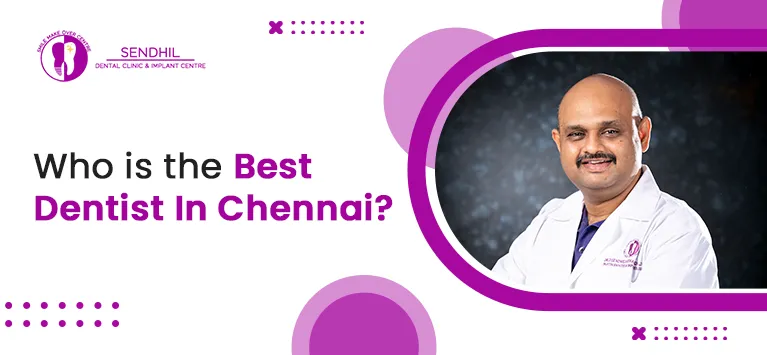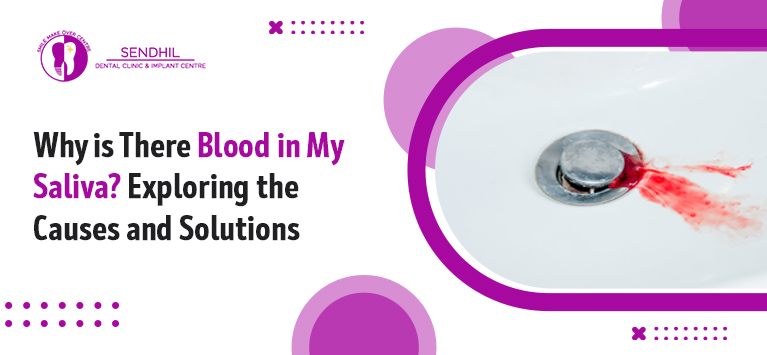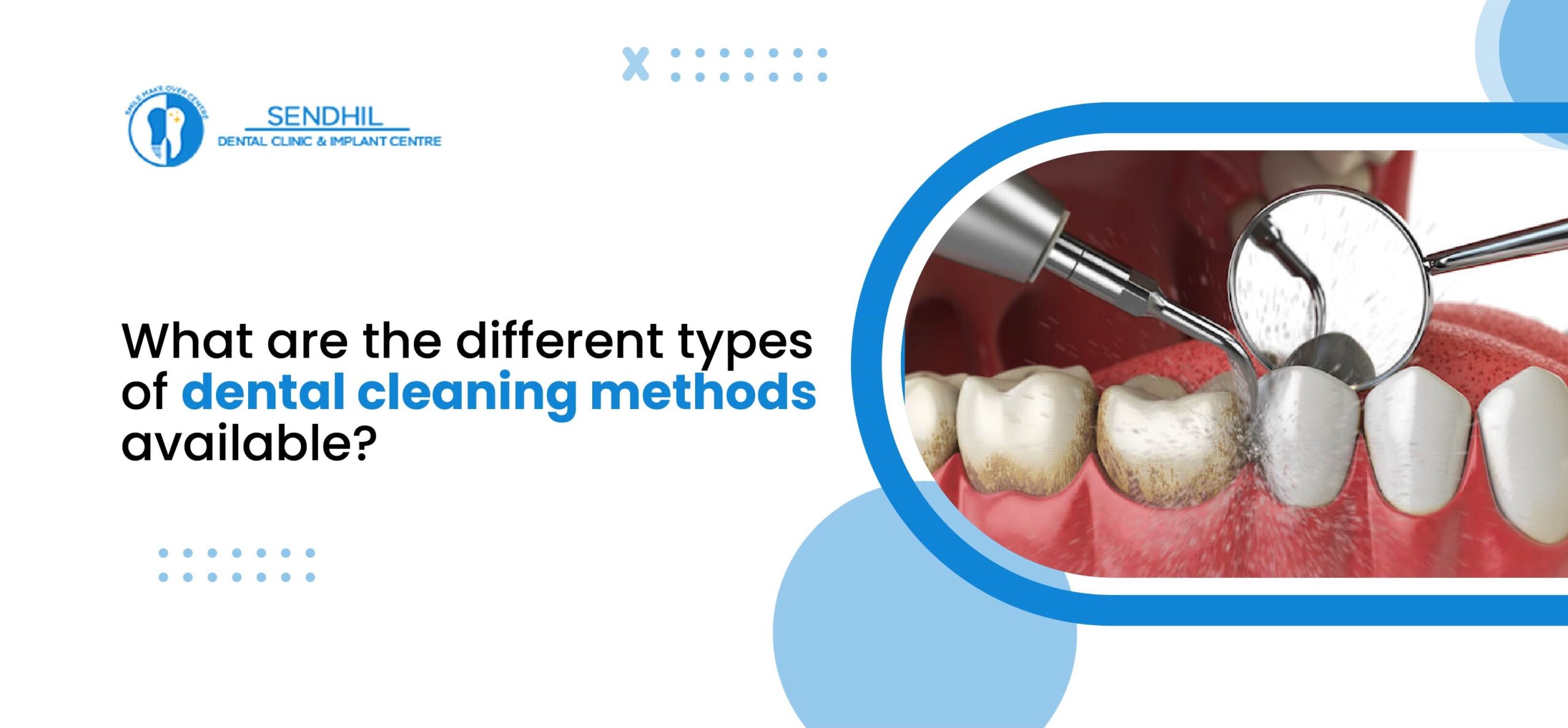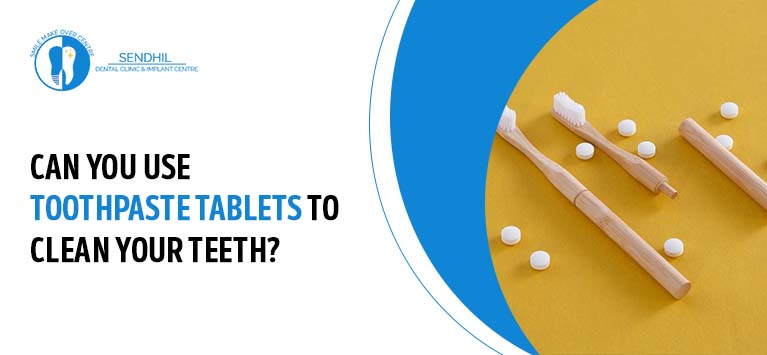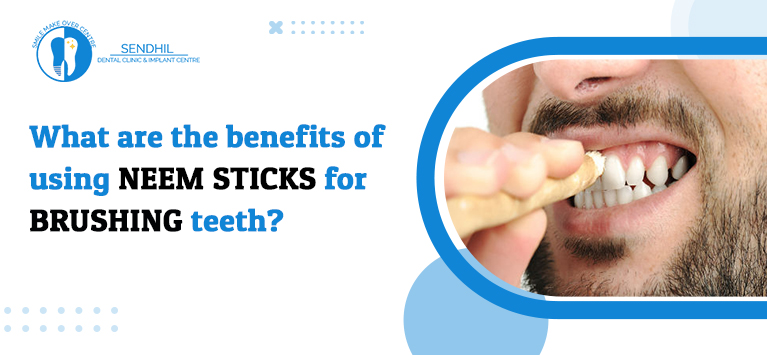
How does Cerebral Palsy affect our oral health?
Cerebral Palsy is a neurological condition that affects a person’s ability to control his/her muscles. This in turn, causes difficulties in maintaining the body postures and movements. The root cause of cerebral palsy is the atypical brain development in the uterus or unexpected brain injury after the delivery.
Dentists reveal that cerebral palsy itself does not cause any dental illness but the motor disabilities instigated with this condition provoke various oral deformities. In essence, individuals suffering from CP are at greater risk of oral complications that are discussed in this post.
Table of Contents
What are the possible dental health problems caused by Cerebral Palsy?
CP sufferers cannot hold anything properly because of the neuromuscular effects. It makes them feel hard to brush and floss. Likewise, they encounter chewing and swallowing challenges that push them to consume starchy foods.
The sugar particles in starchy foods and medications combine with the accumulated oral bacteria due to poor oral hygiene. Thus the muscle movement problem persuades the following dental abnormalities:
1) Gum Diseases
The bacterial infection on gum tissues has a direct effect on teeth, underlying gum ligaments and eventually affects the tooth roots. Even though gum diseases can be cured, their ill effects on teeth and the underlying regions cannot be repaired.
Gum infections such as Gingivitis or Periodontitis are common in people with Cerebral Palsy due to their incompetency in performing independent oral care.
2) Cavities
Tooth decay is a common dental problem but individuals with a motor disability are at greater risk of cavities.
In people with cerebral challenges, poor oral hygiene is accompanied by the side effects of medication that lead to problems such as damage in the mouth’s vestibule, enamel hypoplasia, etc. It makes a way for bacteria proliferation in their mouth and causes cavities.
3) Teeth Grinding
Researches also show that CP patients have a higher percentage of developing malocclusion, increased drooling, etc.
It happens because the backbone dysfunction with the head alters the contact between the teeth and masticatory muscles in those people. This leads to unbalanced oral myofunctional disturbance which is the root cause of teeth misalignment, and habits like atypical chewing, teeth grinding, clenching, etc. The aftereffects of bruxism are hard to repair. Dentists also observed that kids suffering from cerebral palsy have delayed eruption of permanent teeth due to teeth grinding.
4) Difficulties in chewing and swallowing
As mentioned earlier, people with Cerebral Palsy feel hard to chew and swallow certain foods. It is followed by the food items lingering in the sides of their mouth that increase the risk of cavities.
On the other hand, improper chewing and swallowing will lead to acid reflux diseases. When the stomach acids come back to our mouth frequently, it causes a pH imbalance in mouth and weakens the enamel that will end in cavities.
Besides these, CP is also a factor for various dental abnormalities such as Excessive gagging, bite reflexes (lip, tongue, and cheek biting), oral hypersensitivity, and much more.
Bottom line
Dental hygienists recommend certain dental care tips for patients with motor disabilities to keep their mouths clean. For instance, switching to electric toothbrushes and toothpick floss sticks is helpful for people who have lack of control in using a manual toothbrush and flossing wire.
If your close one is suffering from CP, assist them in cleaning their teeth and gums as they need support from their caretakers.
Do you need oral care tips to keep the mouths healthy for your loving ones who have limited motor skills due to conditions like cerebral palsy? Leave your comments here. We are ready to answer your queries.




